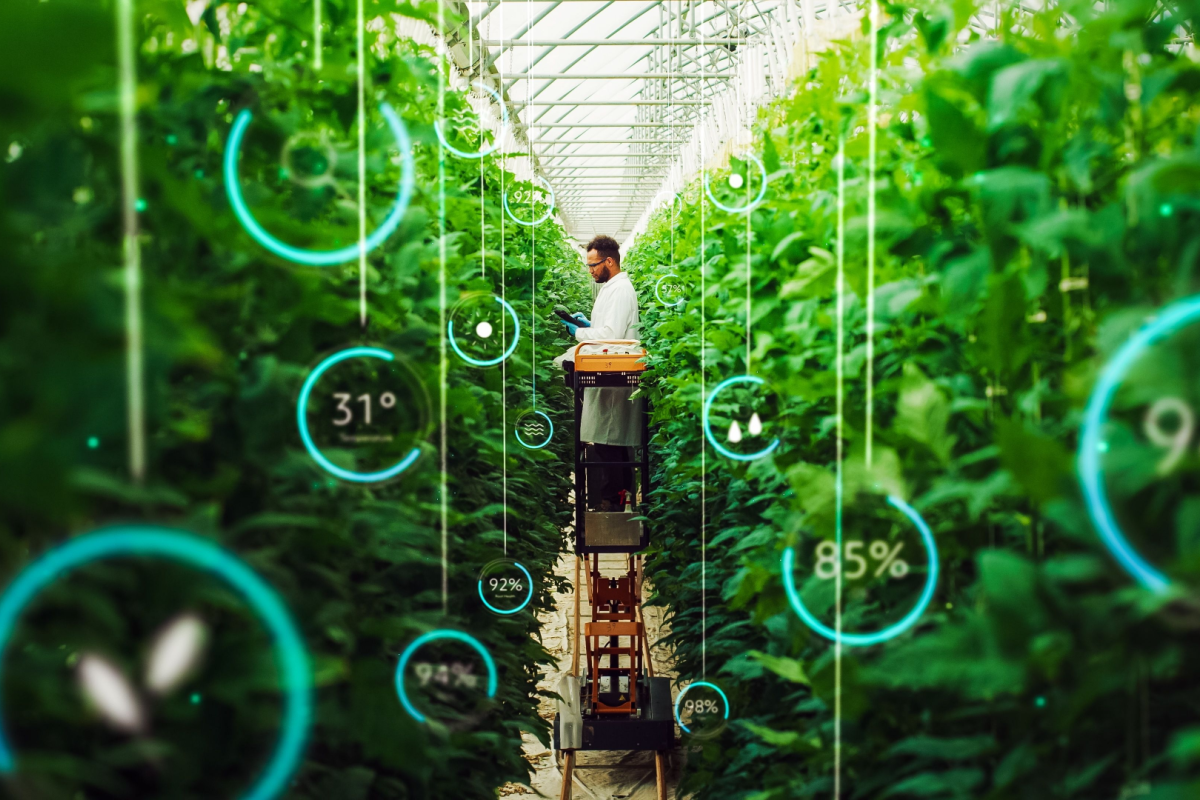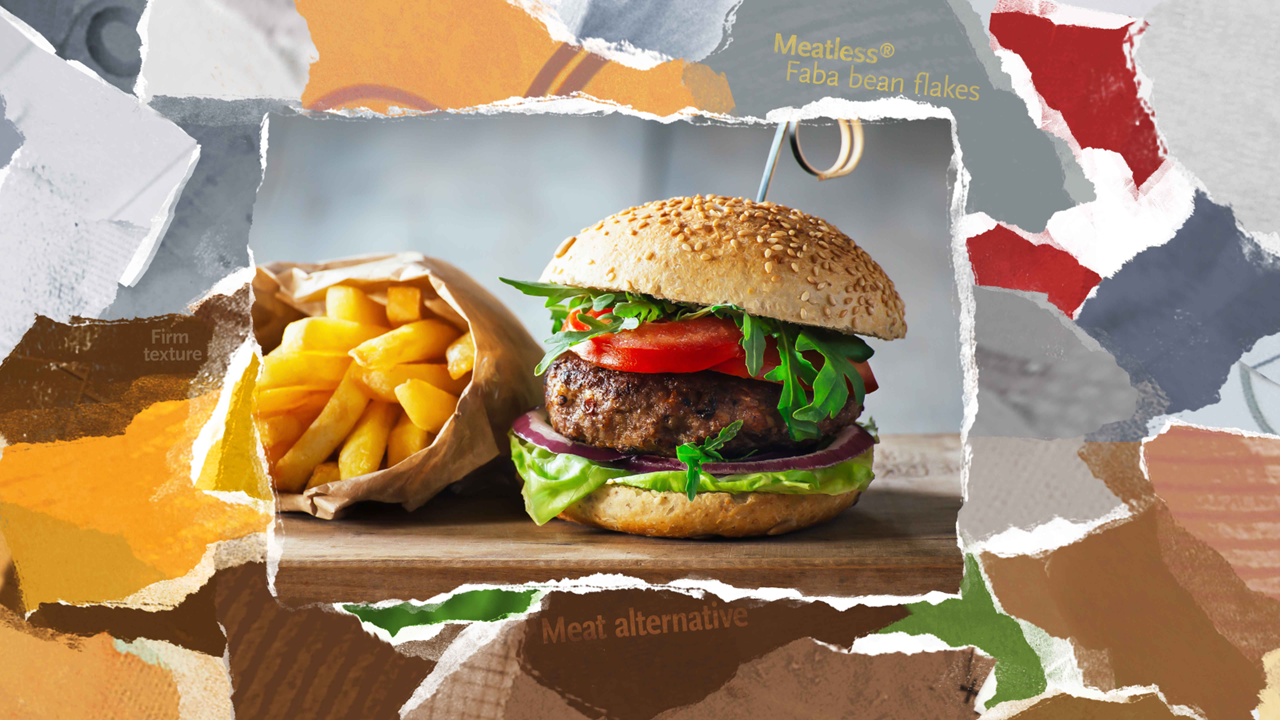Despite the challenges brought on by the COVID-19 pandemic, the food and beverage industry has remained resilient out of necessity, but also innovation. With restaurants shuttered, an uptick in delivery and takeout orders and a greater focus on health and nutrition, some food and beverage companies found success from the various outcomes of the pandemic — enough success to take their companies public in the form of an initial public offering (IPO).
An IPO lets the public purchase shares in a company’s stock, allowing it to raise capital from the general public, rather than solely from private investors. The transition from a private to a public company generally comes at a time when private investors are profiting from their investment and the public is eager to do the same. This is no exception for companies in the food and beverage industry, with an abundance of food IPO announcements in recent months.
The changing nature of the industry has prompted companies, both new and old, to go IPO. Here are a few food and beverage companies in the plant-based space and food delivery sector that have gone, or have announced plans to go public in 2021.
Plant-Based Food IPOs
1. NotCo
Chilean food tech company NotCo is preparing for its greatest round of funding to date ahead of its upcoming IPO. The company is expecting to increase sales fourfold this year and hoping to reach unicorn status — a business valued at $1 billion or higher. While an IPO is in NotCo’s future, it only expects to offer up shares to the public in 2023, being that it is a relatively new company and needs to secure further funding from private investors before going public.
So far, the company has secured $120 million over three investment rounds, with some notable investors including Amazon’s Jeff Bezos and Twitter co-founder Biz Stone. NotCo is the maker of plant-based meat and dairy alternatives, such as NotBurger, NotMayo, NotIceCream and NotMilk, all of which recently received a US patent for their proprietary AI technology.
2. Oatly
Swedish oat milk brand Oatly submitted plans for an IPO back in February, hoping for a $5 billion valuation. While there is not yet an official date for the company’s IPO debut, Oatly has hired Morgan Stanley, JPMorgan Chase and Credit Suisse as underwriters in preparation to go public. Oatly’s decision to go public comes at a time when the plant-based movement, diverse dietary needs and sustainability issues have helped it garner immense popularity.
With celebrity backers including Jay-Z, Oprah Winfrey and Natalie Portman, Oatly has raised around $250 million over several investment rounds. The brand has done for oat milk what Silk did for soy milk — popularizing the milk-alternative beverage and catapulting it to the second-most consumed plant-based milk in the US.
3. Impossible Foods
The plant-based meat giant is gearing up for the largest IPO in plant-based history, if it can pull it off, hoping to be valued at $10 billion. Impossible Foods is eyeing a public listing sometime within the next year and the company is also considering a merger with a Special Purpose Acquisition Company (SPAC), which bypasses Wall Street’s traditional IPO process. The potential $10 billion appraisal would value the company at nearly $6 billion more than its current valuation, which is about $4 billion.
But Impossible Foods’ popularity in the last year, fueled in part by the pandemic, brought even further investment funding. The latest round brought the company’s total funding to $1.5 billion, surpassing unicorn status. Founded in 2011, Impossible Foods became an early entrant into plant-based meat and has since dominated the market alongside its fierce competitor Beyond Meat.
Food Delivery IPOs
4. Instacart
Cashing in on the pandemic-driven online grocery shopping boom, Instacart is among the latest IPO aspirants in the food delivery sector. While the service is not yet publicly listed, Instacart has clear IPO plans on the horizon. Generating revenues of around $1.5 billion and accumulating 9.6 million active users in 2020, the pandemic aided in turning Instacart into a profitable company.
Currently valued at $39 billion, Instacart has established its foothold in the grocery delivery space, with several competitors to sustain it. It competes with traditional retailers like Target, as well as online services such as Amazon and DoorDash. Rather than fighting for the top spot, Walmart gave in and established a partnership with Instacart to offer same-day grocery delivery.
5. Grab
Singapore-based ride-hailing and food delivery service Grab is planning a record-setting SPAC merger valued at nearly $40 billion. The company will go public in the US under the ticker symbol GRAB once the merger with venture capital firm Altimeter Growth is completed, a process that could take several months. The deal will pave the way for other southeast Asian mobile platforms’ IPOs.
Bypassing pre-pandemic figures, Grab’s gross merchandise volume reached $12.5 billion and it saw 40 million new users in 2020. Similar to Uber, the app-based service provides rides, food delivery, package and grocery delivery.
6. Deliveroo
In a much less successful IPO story, Amazon-backed food delivery startup Deliveroo’s share prices fell by around 30 percent following its recent move to go public in London. The British food delivery firm sought a valuation of $12.2 billion, but after the IPO, the company lost around $3.2 billion. So what went wrong?
Questions about its business model and other prospects in a crowded market essentially ruined Deliveroo’s IPO debut. And since the company is still not profitable, investors worry that Deliveroo’s success during the pandemic boom won’t last. Others worry about the treatment of couriers as well as the terms and conditions offered to riders. The combination of these factors led to the plunge in Deliveroo’s shares, and it remains to be seen whether they will recover.












Join or login to leave a comment
JOIN LOGIN